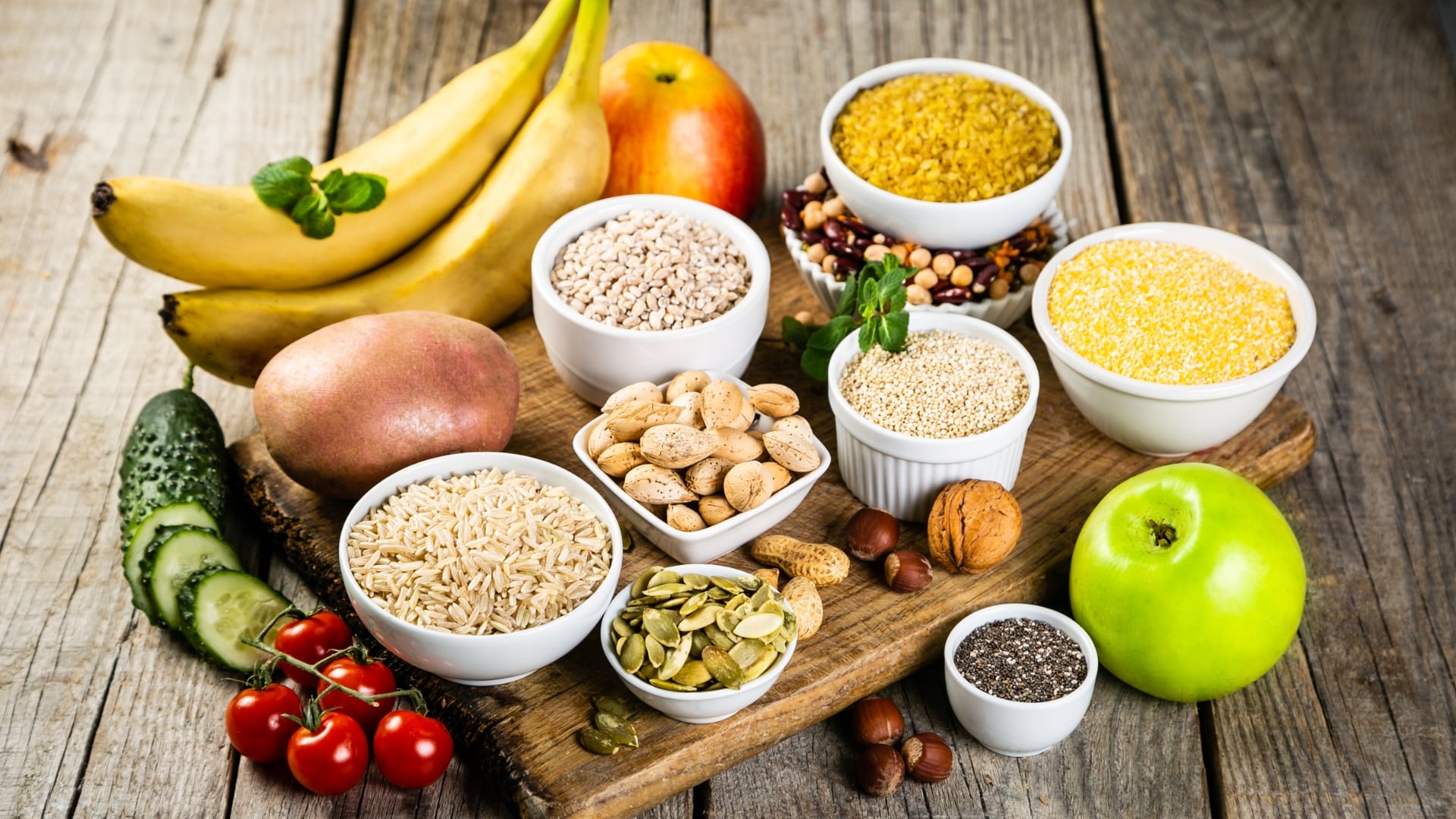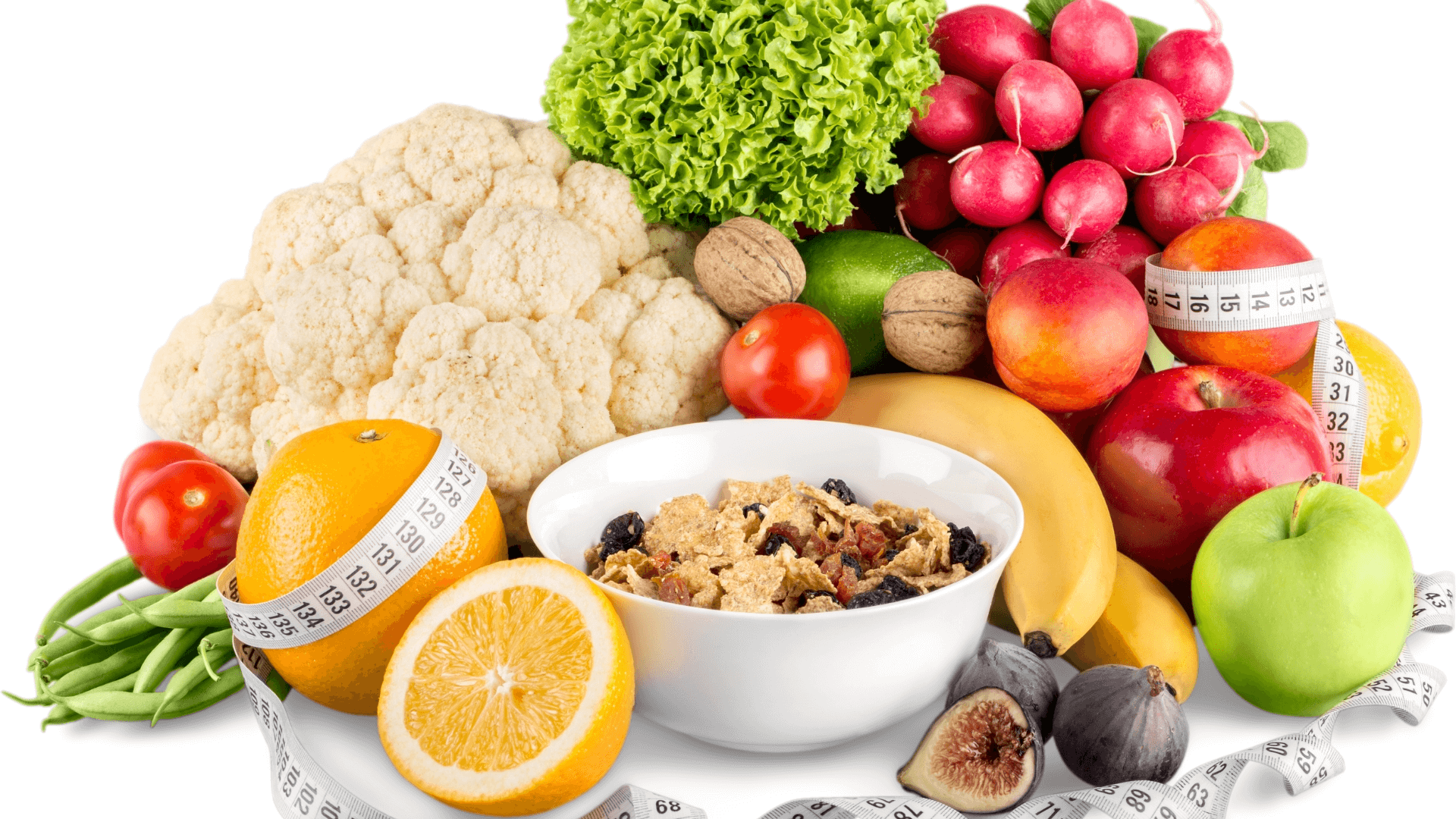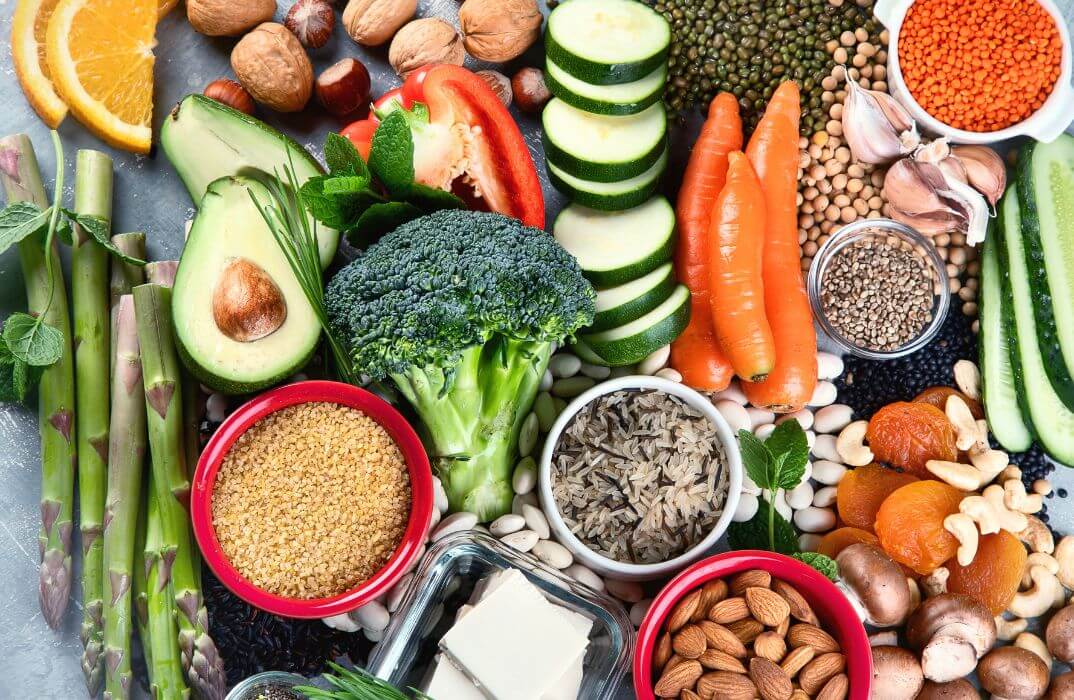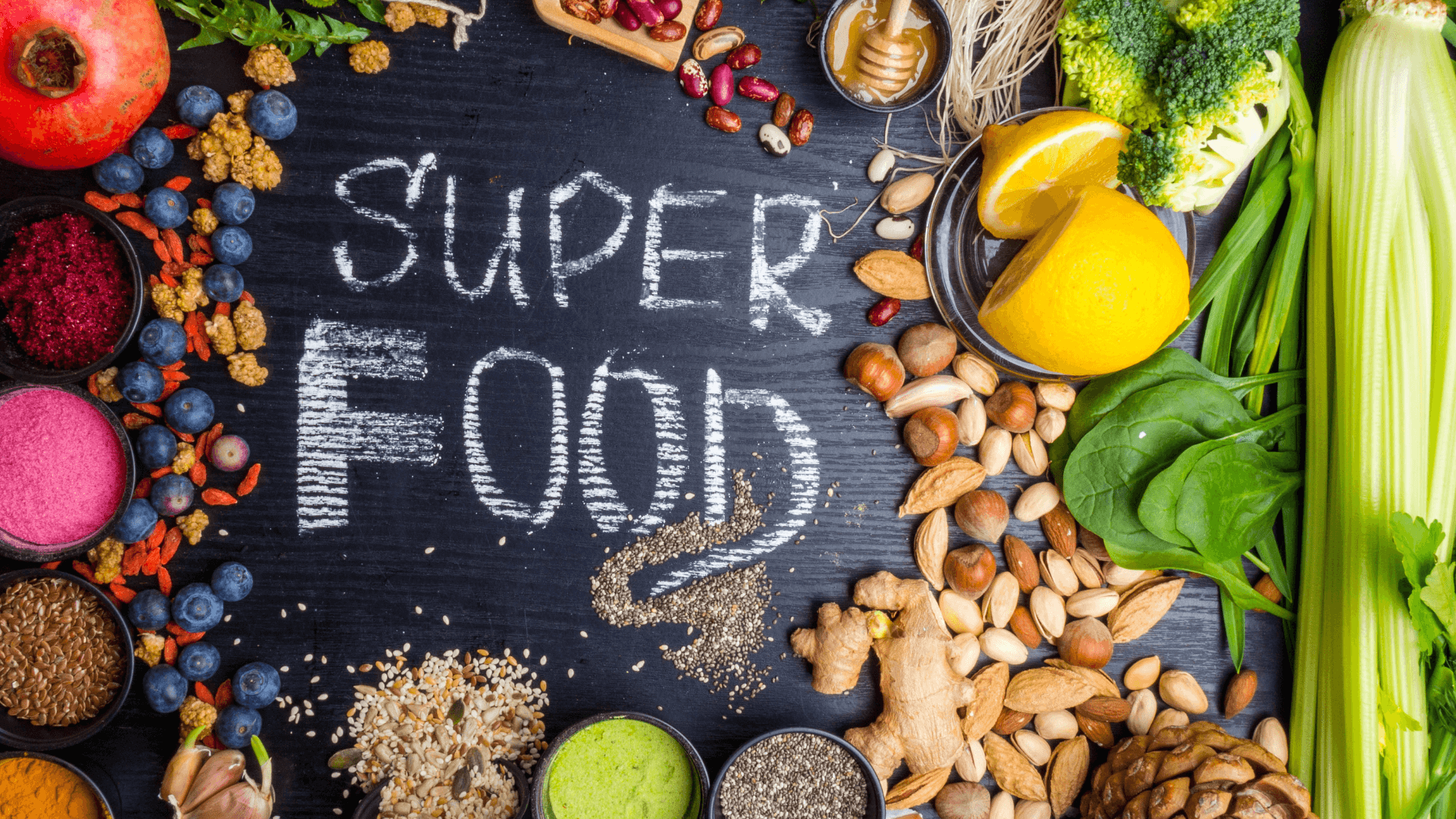Embarking on a plant-based diet journey is an exciting step toward better health and environmental consciousness. While some interpret plant-based eating as strictly vegan (excluding all animal products), others view it as a flexible approach predominantly focused on plant foods.
This guide will help you navigate the transition to a plant-based diet, whether you choose to go fully vegan or simply increase your plant food consumption.
Table of Contents
- Understanding Plant-Based Nutrition
- Making the Transition
- Meal Planning and Preparation
- Smart Shopping Guide
- Overcoming Common Challenges
- Listening to Your Body
Understanding Plant-Based Nutrition
A well-planned plant-based diet can provide all the nutrients your body needs. However, it’s essential to understand key nutritional considerations. Focus on these vital nutrients:
- Protein: Combine legumes (beans, lentils, chickpeas), whole grains (quinoa, brown rice), nuts, and seeds throughout the day.
- Vitamin B12: Consider fortified foods or supplements, as B12 primarily comes from animal sources.
- Iron: Incorporate iron-rich foods like leafy greens, legumes, and whole grains. Pair with vitamin C-rich foods to enhance absorption.
- Calcium: Choose calcium-fortified plant milk, leafy greens, and calcium-set tofu.
- Omega-3 fatty acids: Include flaxseeds, chia seeds, and walnuts in your diet.
Making the Transition
The key to a successful transition is taking gradual steps rather than making dramatic changes overnight. Begin with familiar plant-based meals you already enjoy, such as pasta with tomato sauce, vegetable stir-fries, or bean burritos. This approach helps build confidence while discovering new flavors and cooking techniques.
Try creating plant-based versions of your favorite dishes. For example, transform traditional chili by using extra beans and vegetables instead of meat. This allows you to maintain familiar flavors while exploring new ingredients and cooking methods.
Meal Planning and Preparation
Successful plant-based eating often relies on thoughtful meal planning. Consider these strategies:
Prepare basic components at the beginning of the week:
- Cook a large batch of whole grains like quinoa or brown rice
- Roast an assortment of seasonal vegetables
- Prepare a pot of beans or lentils
- Make a versatile sauce or dressing
These components can be mixed and matched throughout the week to create varied, satisfying meals. For instance, quinoa can serve as a breakfast bowl base with fruits and nuts, then transform into a savory lunch bowl with roasted vegetables and chickpeas.
Smart Shopping Guide
Focus your shopping on whole, plant-based foods as your foundation. The majority of your cart should contain:
- Fresh fruits and vegetables (seasonal when possible)
- Whole grains (rice, quinoa, oats, barley)
- Legumes (beans, lentils, chickpeas)
- Nuts and seeds
- Plant-based milk alternatives
Don’t feel pressured to buy expensive specialty products or meat alternatives. While these can be convenient, they’re not necessary for a healthy plant-based diet. Stick to the outer aisles of the grocery store where whole foods are typically located.
Overcoming Common Challenges
Dining out and social situations can present challenges when following a plant-based diet. Here are some strategies to handle these situations:
- Research restaurant menus in advance to identify plant-based options
- Offer to bring a dish to share at social gatherings
- Communicate your dietary preferences clearly but graciously
- Focus on the social aspect of gathering rather than just the food
Listening to Your Body
As you transition to a plant-based diet, pay attention to how your body responds. You might notice changes in digestion as your fiber intake increases – this is normal, and staying well-hydrated can help. If you experience any concerns or have specific health conditions, consult with a healthcare provider or registered dietitian for personalized guidance.
Remember that transitioning to a plant-based diet is a journey, not a race. Be patient with yourself, celebrate small victories, and focus on progress rather than perfection. With time and practice, plant-based eating can become a natural and enjoyable part of your lifestyle.





